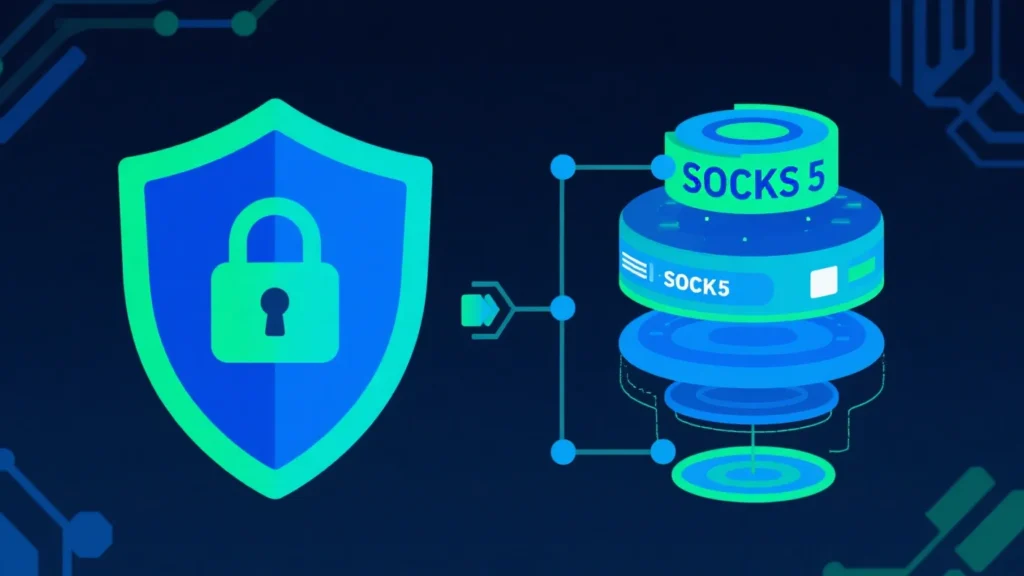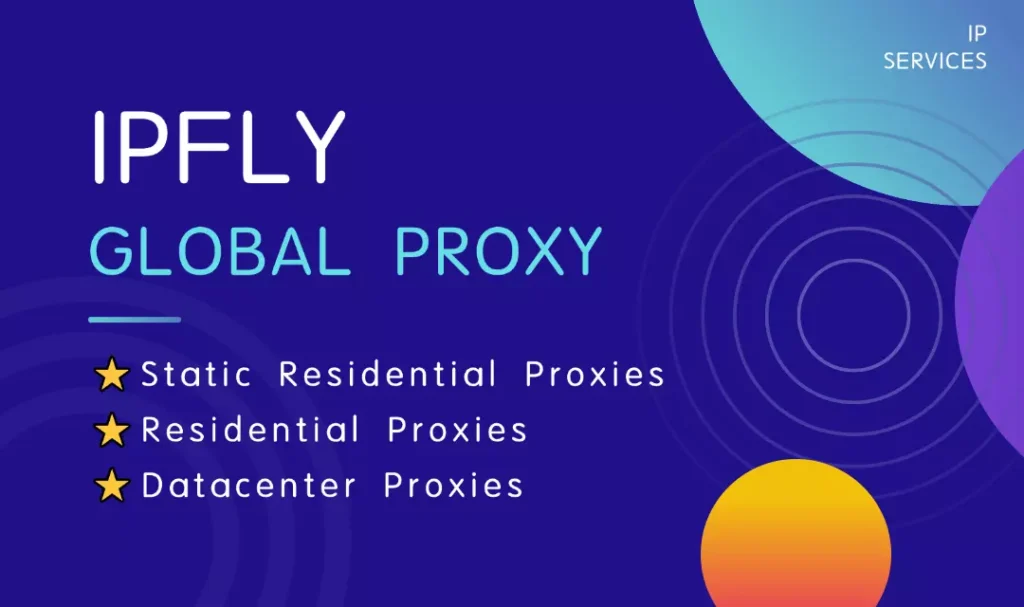When people start exploring proxies for security, anonymity, or business tasks, one of the first questions they face is, “Should I use SOCKS5 or HTTP proxies?” These two protocols dominate the proxy world, but their features, performance, and use cases differ significantly. Choosing the right one can save time, enhance privacy, and improve results—whether you’re scraping data, managing multiple accounts, or accessing geo-restricted content.
In this guide, we’ll dive into how SOCKS5 and HTTP proxies work, what makes them different, and when to use each. By the end, you’ll know exactly which proxy type is best suited to your needs.

What is an HTTP Proxy?
An HTTP proxy is the most widely known and commonly used proxy type. As the name suggests, it’s designed for HTTP and HTTPS traffic, the primary protocols used to browse websites.
Key Features of HTTP Proxies:
- Protocol-specific: Optimized for handling HTTP and HTTPS traffic.
- Content filtering: Can modify headers, block ads, or enforce browsing policies.
- Caching ability: Some HTTP proxies can cache web pages, improving load times.
- User authentication: Often includes built-in methods to manage access securely.
HTTP proxies are particularly useful for tasks like web browsing, SEO monitoring, and content filtering, where the communication between client and server stays within the HTTP/HTTPS realm.
What is a SOCKS5 Proxy?
SOCKS5 is the latest version of the SOCKS protocol, and it’s far more flexible. Unlike HTTP proxies, SOCKS5 is protocol-agnostic—meaning it can handle almost any type of traffic, not just web browsing.
Key Features of SOCKS5:
- Protocol-agnostic: Works with HTTP, HTTPS, FTP, SMTP, P2P, gaming, and more.
- High anonymity: Doesn’t add headers to your requests, making it harder to trace.
- Lightweight: No traffic interpretation; simply relays packets between client and server.
- Supports authentication: Adds an extra layer of protection when needed.
This makes SOCKS5 proxies ideal for streaming, torrenting, and bypassing geo-blocks where speed and low latency matter more than filtering.
SOCKS5 vs. HTTP: The Core Differences
Now that we’ve defined both, let’s compare SOCKS5 and HTTP proxies directly.
1. Traffic Handling
- HTTP Proxies: Restricted to web traffic only. Great for browsing and SEO monitoring.
- SOCKS5 Proxies: Can handle any type of traffic, making them versatile.
2. Performance
- HTTP Proxies: May slow down traffic slightly due to header manipulation and caching.
- SOCKS5 Proxies: Generally faster since they don’t interpret or modify data.
3. Anonymity
- HTTP Proxies: Can expose certain header data, reducing anonymity.
- SOCKS5 Proxies: Better at hiding your digital footprint, thanks to lightweight packet forwarding.
4. Use Cases
- HTTP Proxies: Best for browsing, SEO audits, content monitoring, and data collection on websites.
- SOCKS5 Proxies: Ideal for torrenting, streaming, gaming, bypassing censorship, and cross-platform tasks.
When to Choose an HTTP Proxy
You should go with an HTTP proxy if your focus is on web-related activities. Examples include:
- SEO Monitoring: Track keyword rankings and competitor strategies without IP bans.
- Ad Verification: Ensure ads appear correctly across different regions.
- Web Browsing Privacy: Keep your real IP hidden while visiting sites.
- Filtering Content: Companies can use HTTP proxies to block specific sites or categories.
HTTP proxies act like a smart filter between you and the internet, providing useful insights for businesses that want control over browsing activity.
When to Choose a SOCKS5 Proxy
SOCKS5 proxies shine in more advanced or resource-heavy tasks, such as:
- Streaming & Gaming: Access geo-blocked platforms like Netflix, Hulu, or regional game servers.
- Torrenting & P2P File Sharing: Secure your identity while exchanging data peer-to-peer.
- High-volume Web Scraping: Handle large amounts of traffic without latency issues.
- Bypassing Firewalls & Censorship: Works seamlessly in regions with strict internet restrictions.
For users who value versatility and speed across multiple platforms, SOCKS5 proxies provide a robust solution.
Real-World Example: Business Applications
Let’s take an example from the business world:
- A digital marketing firm might prefer HTTP proxies because they need to monitor competitor ads, check localized SERPs, and verify content across different regions. The ability to handle HTTP/HTTPS requests is enough for them.
- An international e-commerce company, on the other hand, might choose SOCKS5 proxies because they not only scrape data from websites but also test payment systems, download content, and run cross-platform apps. The broader compatibility is essential.
IPFLY and Proxy Choices

When it comes to finding reliable proxies, IPFLY offers options that cover both categories. With over 90 million IPs across 190+ countries, their network provides strong coverage whether you need HTTP or SOCKS5 solutions.
- Dynamic Residential Proxies (SOCKS5-ready): Perfect for tasks like data scraping, streaming, or geo-unblocking, since they offer rotating IPs and high anonymity.
- Static Residential Proxies: Great for businesses that need consistent IP addresses with HTTP/SOCKS5 support.
- Dedicated Datacenter Proxies: A high-speed option that works well with HTTP-heavy tasks like SEO monitoring and content filtering.
By tailoring your choice between SOCKS5 and HTTP proxies and selecting a trusted provider like IPFLY, you ensure both performance and security.
The Bottom Line

The decision between SOCKS5 and HTTP proxies boils down to your specific use case.
- Choose HTTP proxies if your primary focus is web browsing, SEO tracking, or online ad verification.
- Opt for SOCKS5 proxies if you need flexibility for streaming, gaming, torrenting, or bypassing restrictions.
Both proxy types have unique strengths, and neither is universally “better.” The key is aligning your choice with the task at hand. And with proxy providers like IPFLY offering both categories, you don’t have to compromise—you can pick the right tool for every job.
👉Join IPFLY’s Telegram channel today for the latest updates, guides, and proxy tips: https://t.me/IPFLY_PROXY


